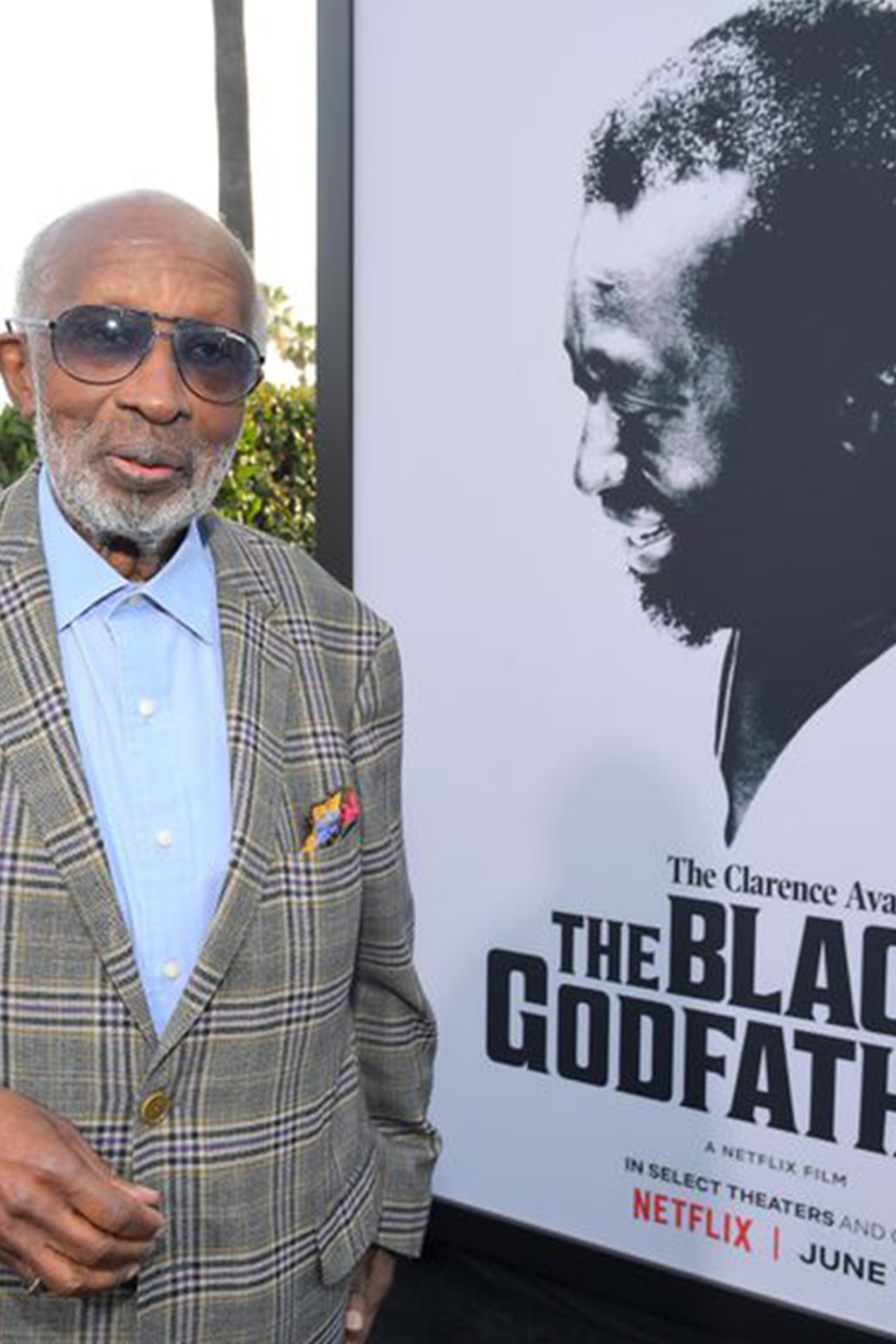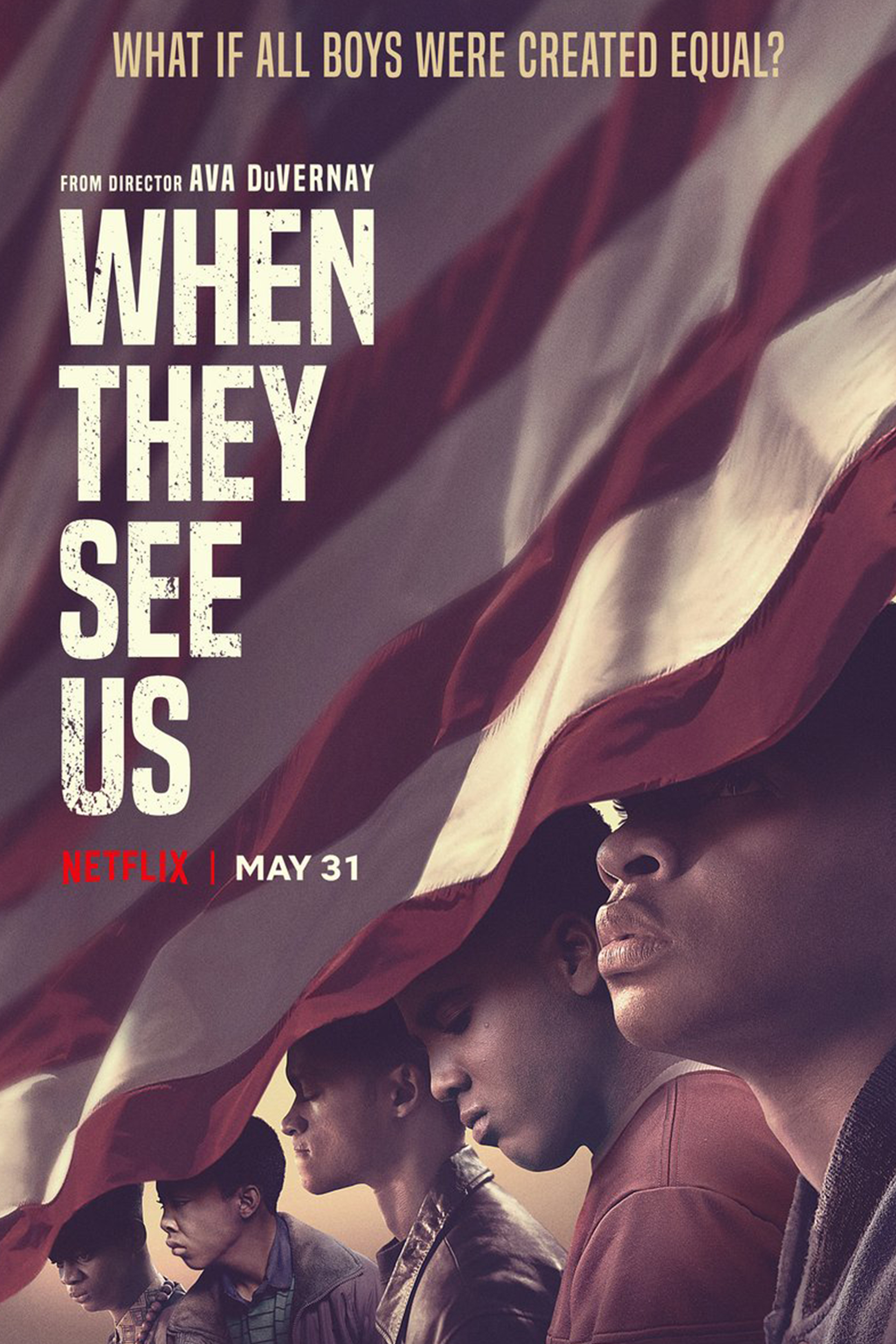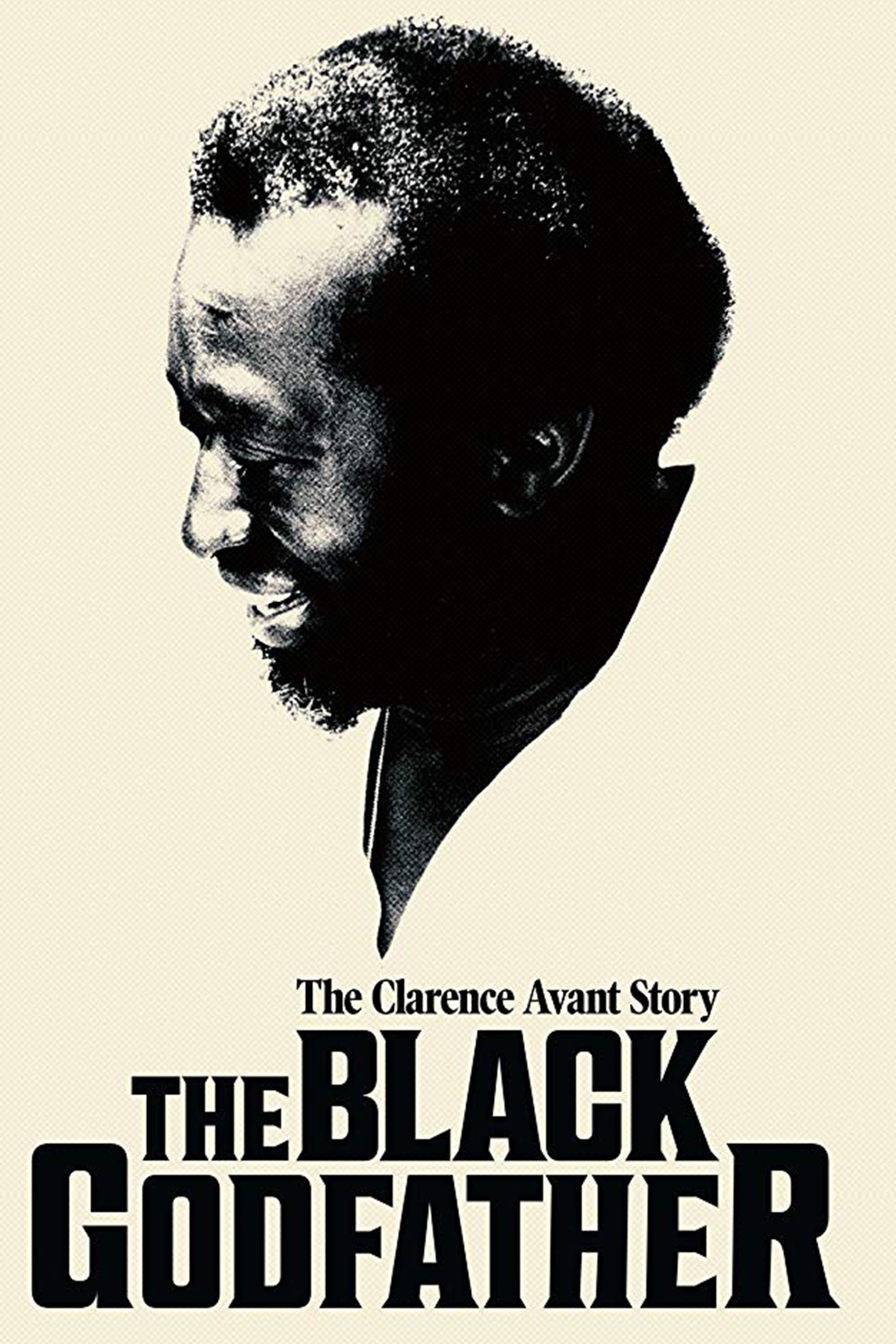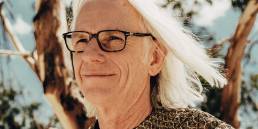In January 1999, Yizo Yizo launched on SABC 1 and local television viewing was forever changed. For the first time since the screening of Sarafina in 1992, South African youth had the opportunity of seeing the power imbued in them, reflected back to them on-screen. Characters such as the Romeo-esque hero in Javas, played by Meshack Mavuso, his sweetheart Nomsa, played by Charmaine Mtinta and the bad boy of all bad-boys, Papa Action played by Ronnie Nyakale in Season 1 and Bonginkosi “Zola 7” Dlamini in Season 2, were some of the many youth from Supatsela High whose everyday challenges reflected the realities faced by the vast majority of youth in South Africa at the time and to a considerable extent, still now.
Commissioned by the Department of Basic Education to address problems in township schools through the campaign called Culture of Learning, Teaching and Service (COLTS), the objective of the Bomb Productions produced series was to showcase how the seemingly impossible for many township and peri-urban schools, could be achieved in that a school with only the basic resources could be restored from the grips of gang violence.
Life Above All, the 2010 drama centres around the harrowing whirlwind which 12-year-old Chanda, played by SAFTA winner and Academy Award nominee Khomotso Manyaka, experiences after her baby sister dies, possibly from an AIDS-related illness and the social challenges that come along with that – the community prejudice that her family faces, protecting her grieving mother from it and dealing with a stepfather who turns to drink. The film depicts the all-too-common effects of alcoholism, HIV infection, stigmatization and abuse – a never-ending social cycle that shapes the reality of many South African youth.
Social challenging realities that raise a battlefield of the mind on the home and school-front, has been the underlying theme throughout many of the key pieces of film and television that have centred on a youth-driven plot.







Author of the Pultizer Prize winning, The Good Earth, Pearl S. Buck, said, “The young do not know enough to be prudent, and therefore they attempt the impossible, and achieve it, generation after generation”. Academy Award winning Director Darrell Roodt has captured that victorious fighting nature of youth through Sarafina, the 1992 film written by Mbongeni Ngema and William Nicholson and scored by Ngema, Hugh Masekela and Stanley Myers. Shot on location in Soweto, Johannesburg, Sarafina featured screen legends such as Leleti Khumalo as Sarafina, Whoopi Goldberg as Mary Masembuko, Miriam Makeba as Angelina and John Kani as the School Principal. Through a plot that centres around students who led the Soweto Uprising of June 16, 1976 which was caused by the unjustifiable forced implementation of Afrikaans as the language of instruction in schools, the film was re-released on June 16 2006, as a commemoration of the 30th anniversary of the Soweto Uprisings. The 2011 Zulu-language film Otelo Burning featuring the likes of Jafta Mamabolo as Otelo, Nolwazi Shange as Dezi and Thomas Gumede as New Year, centred around the continuation of racial violence from 1976 into the 1980’s, where a social bridge is introduced as 16-year-old Otelo Buthelezi and his friends find escape in surfing – a sport far from the consideration set of his reality.
Today, June 16 marks 43 years since that initial Wednesday of 1976 when South African youth believed enough in themselves to attempt the impossible and achieve it. It spurred a recurring need in the youth of South Africa to remind the powers that be that indeed, the youth of a nation are the trustees of prosperity, as former British Prime Minister Benjamin Disraeli once said. During December 2015, DESTINY magazine released a first for local magazines in that it featured some of the current generation of youth who like those of ’76, depicted in the ’92 film, took matters into their own hands when they revived the culture of collective action to make a youth-led decision known to the powers that be. The #FeesMustFall movement reminded the world over that the prosperity of South Africa was in jeopardy if the need for accessible and affordable tertiary education was not met.
One could argue that Disraeli’s commentary not only relates to the powers of government but also, film & tv. While school curricula teach youth of the history of the country, this education has been largely impacted by the use of archived photography, film, documentaries, television series and interviews in order to vividly paint the picture of the impact youth have made in a way which textbooks cannot do. June 16, 1976 was initially captured by subjective local news bulletins of the time. It has been through film, documentary and television that generation after generation since ‘76 have come to understand to some extent, the emotional impact of historical events that elicited an unmatched courage in youth. Through the various platforms which define our industry the youth of today, whose hashtag activism extends beyond mobile to a point where a country can be at a standstill, have through film & tv, the priceless opportunity of engaging historical events which have indirectly shaped their reality. At thebar, when we celebrate the Young, Hungry & Talented in our industry on a monthly basis, not only is this our way of celebrating the impact of youth but is also represents our earnest desire to recognise this national board of trustees that have historically never failed at defining the trajectory of the nation’s prosperity.
thebar. Magazine
thebar. is an online magazine, concerned (read: obsessed)
with the local and international film industries.
Our purpose is to elevate these industries and their leaders
by showcasing high quality, breakthrough content which
elicits a strong response from those working inside
the industry and outside it.
Related Posts
30th Oct 2018
The multifaceted man of God: Diving to the core of Muzi Mthabela
The name Muzi Mthabela comes with many…
28th Aug 2018
FROM THE EDITOR’S DESK: Living water and the celebration of living memory
This, our first issue of thebar.…



